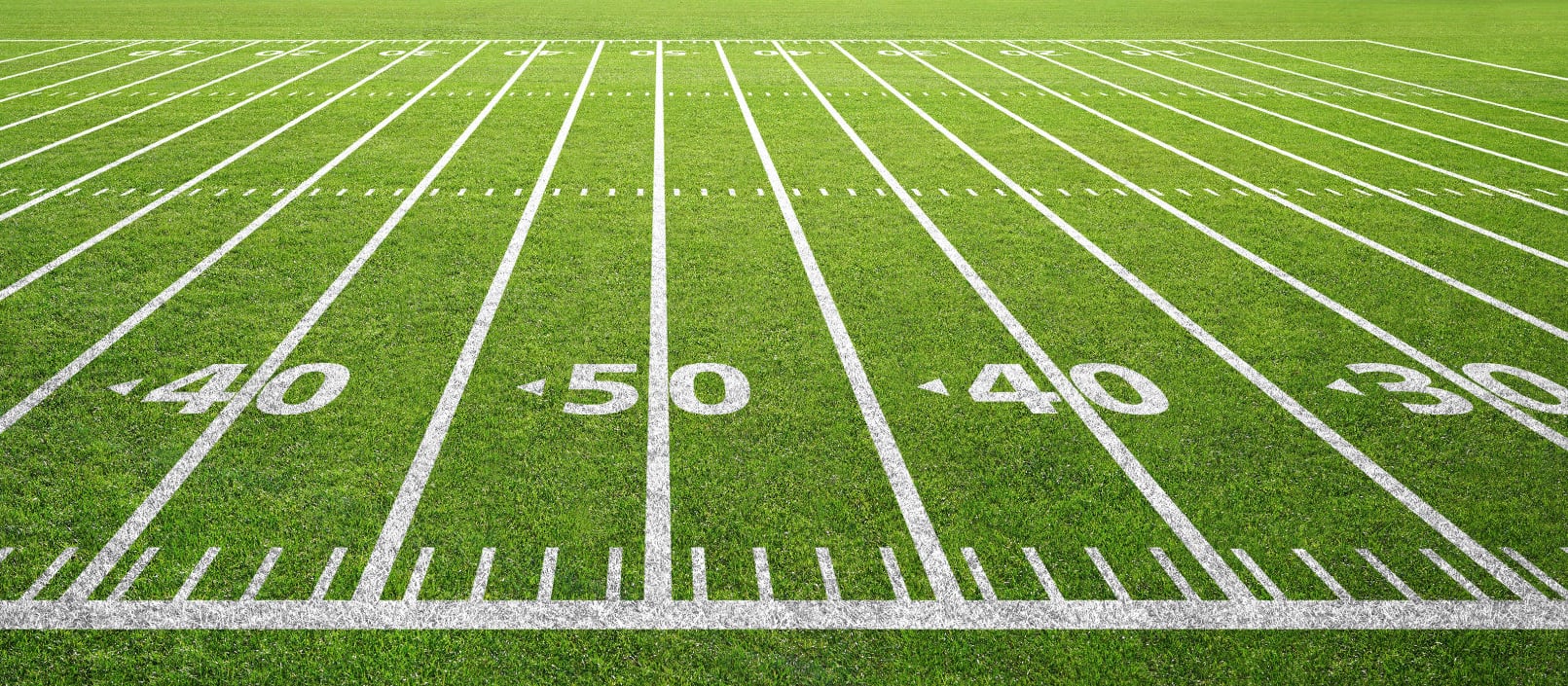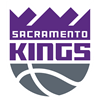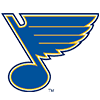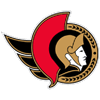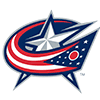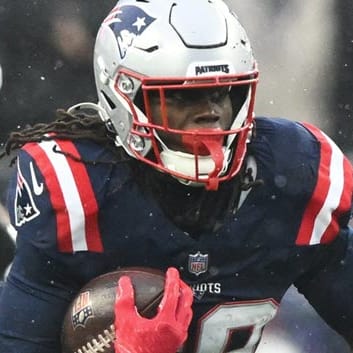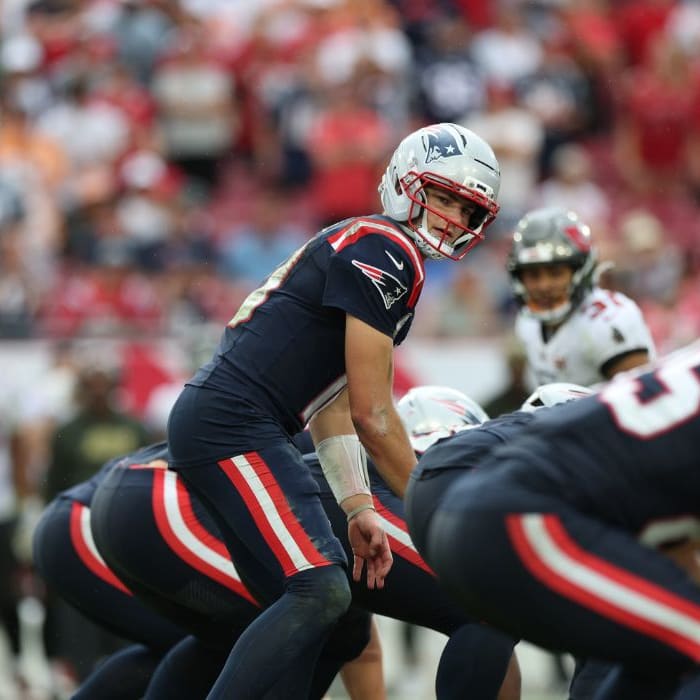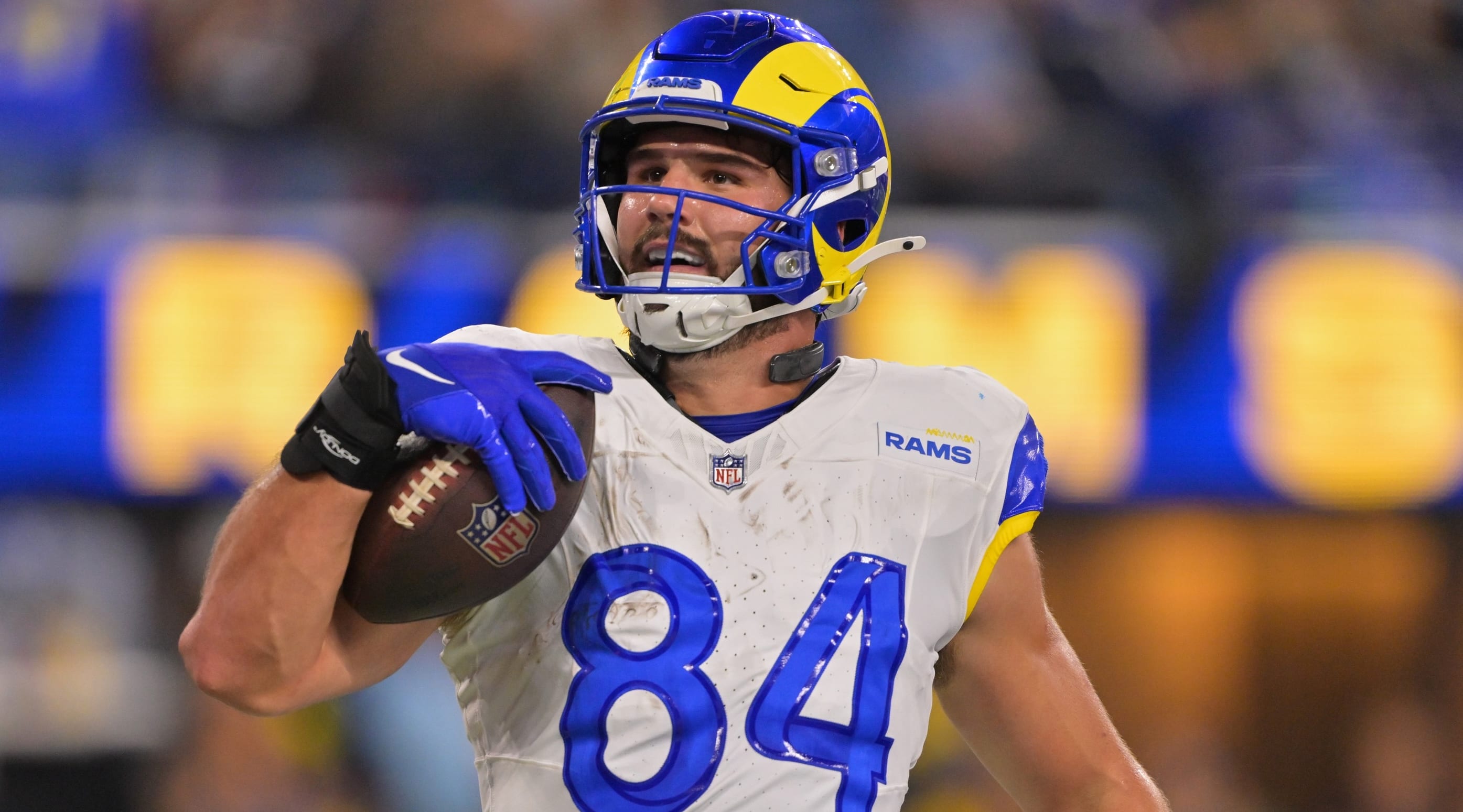In June, I wrote this about Tom Brady's appeal of his four-game suspension for violating the NFL policy on Integrity of the Game and Enforcement of Competitive Rules:
Q: Will Brady have his suspension reduced or eliminated entirely?
A: In my estimate, probably not. Reasonable minds can certainly disagree ... However, the most likely outcome is that [NFL commissioner Roger] Goodell will uphold the four-game suspension as reasonable and justified, or, if he's in a mood to compromise, reduce it to three games.
On Tuesday, Goodell did just that, sustaining Brady's four-game suspension after presiding over the appeal at arbitration.1 No less than five minutes later -- a rough approximation -- the league preemptively filed a Petition to Confirm the arbitration award in federal court in New York.2 And with that, the stage is set for a courtroom clash of the titans that will inevitably determine whether the league's biggest star will suit in the first four games of the Patriots' championship defense.
If there's a silver lining, the NFL and NFL Players Association (NFLPA) have agreed (assuming the judge consents) to an expedited proceeding, in which their respective cross-motions to confirm or vacate the arbitration award will be fully briefed and decided on the merits before the start of the NFL season. According to the parties, no discovery -- requests to produce documents, depositions, etc. -- will be needed to adjudicate the motions, which will be solely based on the arbitration record. Unfortunately for Brady,
In June, I wrote this about Tom Brady's appeal of his four-game suspension for violating the NFL policy on Integrity of the Game and Enforcement of Competitive Rules:
Q: Will Brady have his suspension reduced or eliminated entirely?
A: In my estimate, probably not. Reasonable minds can certainly disagree ... However, the most likely outcome is that [NFL commissioner Roger] Goodell will uphold the four-game suspension as reasonable and justified, or, if he's in a mood to compromise, reduce it to three games.
On Tuesday, Goodell did just that, sustaining Brady's four-game suspension after presiding over the appeal at arbitration.1 No less than five minutes later -- a rough approximation -- the league preemptively filed a Petition to Confirm the arbitration award in federal court in New York.2 And with that, the stage is set for a courtroom clash of the titans that will inevitably determine whether the league's biggest star will suit in the first four games of the Patriots' championship defense.
If there's a silver lining, the NFL and NFL Players Association (NFLPA) have agreed (assuming the judge consents) to an expedited proceeding, in which their respective cross-motions to confirm or vacate the arbitration award will be fully briefed and decided on the merits before the start of the NFL season. According to the parties, no discovery -- requests to produce documents, depositions, etc. -- will be needed to adjudicate the motions, which will be solely based on the arbitration record. Unfortunately for Brady, while the NFLPA has had success in recent months contesting the suspensions of Ray Rice, Adrian Peterson and Greg Hardy, those were very different situations. In this case, the union and Brady have the odds stacked against them.
For the court to overturn the arbitration decision that upheld the suspension imposed on Brady, it will need to find that Goodell's ruling was arbitrary or capricious; that Goodell was partial or biased; or that there was a flaw in the decision-making process. Per my former sports law professor at Tulane Law School, Gabe Feldman, getting the suspension overturned is "an uphill battle." Continued Feldman, "[c]ourts are reluctant to overturn arbitration decisions. It's not whether the judge agrees or disagrees with the decision."
Brady and the NFLPA could certainly prevail in court, but they will need to do more than simply demonstrate that Goodell's rejection of Brady's appeal was incorrect. For example, there has been plenty of talk about the perceived issues in the report released by investigator Ted Wells on May 6, which was the primary basis for the initial four-game discipline. After considering the evidence on appeal, as well as hearing testimony from Brady, Wells and others, Goodell reaffirmed the initial suspension. Now, the federal court is expected to show extreme deference to the ruling of Goodell, who, as the arbitrator, was in the best position to weigh the evidence at the time it was presented. It is therefore presumed that his discipline was a reasonable conclusion in light of the evidence. Goodell is certainly obligated to be fair, but absent a showing of something like fraud or undue bias against Brady, the court will likely uphold his decision.3
Many have likewise posited that it is impossible for Goodell to be impartial, given his frequent role as judge, jury and executioner. There may be more than a kernel of truth to this. The problem for Brady, however, is that the Collective Bargaining Agreement (CBA) negotiated by the NFL and NFLPA grants Goodell this broad power. In the first CBA in 1968, the NFLPA agreed to allow the commissioner to impose discipline and to designate the hearing officer, including himself, to handle any appeal matters related to conduct detrimental to the integrity of, and public confidence in, the game of professional football. This has been at issue for years now, but in the most recent CBA negotiated in 2011, the players once again empowered Goodell to serve as the ultimate decision-maker. It will be difficult for the NFLPA to now argue that the person that it anointed to handle such matters is somehow biased against the four-time Super Bowl winner.
It can be certain that the NFLPA intends to raise a number of other arguments in fight for Brady's "freedom." Still, it's my best guess that these will also fail. Again, courts are extremely reluctant to overturn these types of decisions.
In truth, the analysis is more nuanced than laid out here. The parties' cross-motions (due Aug. 7) and subsequent response briefs (due Aug. 14) will be enlightening. But it could still be many weeks before a resolution is reached, and fantasy drafts won't wait for a ruling. So what's an owner to do?
To be certain, the first few weeks of the fantasy season can be critical for owners. As most drafts will occur prior to any court ruling, owners must employ a cost-benefit analysis when considering Brady. Obviously, if the suspension is vacated, Brady immediately becomes one of the top quarterbacks off the board. After a slow start in 2014, he finished with a flourish, quelling doubts about whether he's still an elite fantasy option. If the federal court rules in favor the NFL, however, fantasy owners can expect to be without Brady's substantial services until Week 6 (with the Patriots' on bye in Week 4).
Drafting Brady no doubt would require drafting a backup quarterback. This is particularly true early in the season, when roster spots are most valuable, often filled with high-upside guys drafted in the late rounds or hot free agents in an attempt to find the season's breakout star. Further, quarterback is a deep position, and the actual fantasy value between the top-10 players at the position is relatively small. Brady may reach worthwhile sleeper value if his draft stock plummets, but with so many other solid options, I'm likely avoiding the hassle of owning him.
Fantasy owners must also take into consideration Brady's understudy, Jimmy Garoppolo, the presumed starter if Brady is forced to miss time. Garoppolo, under the tutelage of Patriots' offensive coordinator and quarterback whisperer Josh McDaniels, has some Matt Cassel-like intrigue. Cassel, owners likely recall, was similarly thrust into a prominent role, with impressive results, after Brady tore his ACL in 2008. While Garoppolo is untested in the NFL, it's proven unwise to doubt the abilities of McDaniels, who coincidentally was Cassel's offensive coordinator from 2006-2008.
More importantly, Garoppolo -- who played his college ball at Eastern Illinois of the Football Championship Subdivision (formerly Division I-AA) -- has some upside based solely on the Patriots' first four opponents (in order), Pittsburgh, Buffalo, Jacksonville and Dallas. Three of those, with the Bills the lone exception, finished in the bottom 10 in the NFL in passing yards allowed in 2014. While it is hard to recommend making Garoppolo a key piece to your championship aspirations, owners speculating at the end of the draft could certainly do worse. Should Brady be suspended, expect Garoppolo to be a hot commodity in daily leagues as well.
Remarkably, this entire dustup transpired as a result of a few deflated footballs. Yet, here we stand on the courthouse steps, with federal lawsuits having been filed on the eve of training camps and fantasy owners seriously considering drafting a starting a quarterback with 27 career pass attempts. While the question of who will emerge victorious is unclear, there is one thing that is certain: this whole mess probably should have been avoided.
1. Reading 20-page Final Decision on Appeal is a must. Go ahead; I'll wait.
2. The NFLPA and Brady also filed a Petition to Vacate the arbitration award in federal court in Minnesota -- a jurisdiction in which they have received favorable rulings before -- but that court quickly transferred the case back to New York. Truthfully, the location of the lawsuit matters little, as the standard of review that the court applies will be the same regardless.
3. A similar argument -- that the NFL failed to follow "the law of the shop" (e.g. the NFL failed to follow the custom and practice that they've used in the past) by issuing a four-game suspension -- is also likely to fall on deaf ears. Should Brady have been suspended for four games? Probably not, and the decision seems a little harsh in my opinion. But given the language in Goodell's final decision, it appears the NFL will argue that this is a mostly unique situation, and they therefore must come up with an individualized punishment that fits the crime. As courts are supposed to give final arbitration decisions great deference, it's unlikely the federal court will overrule this one on those grounds.


